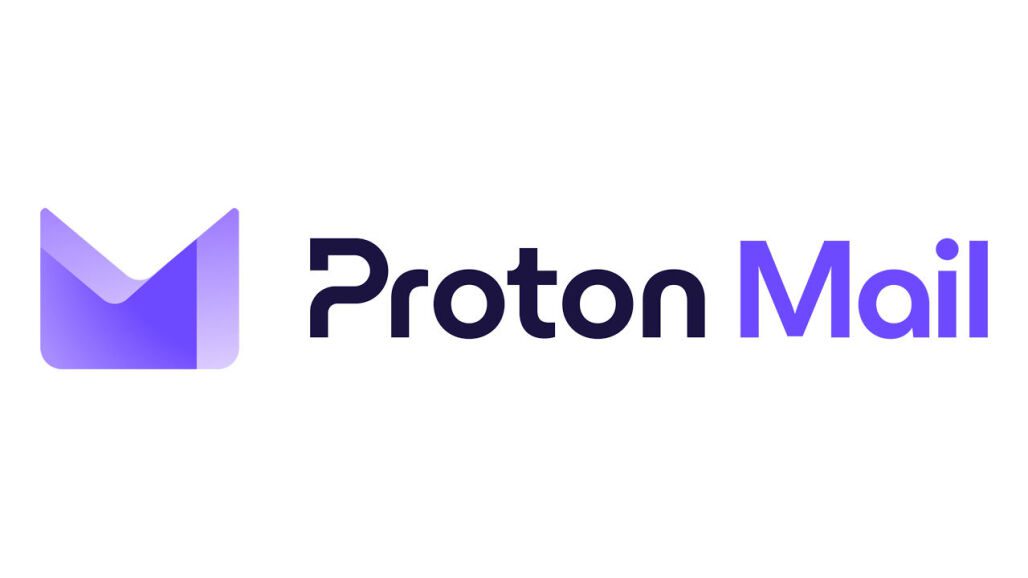
ProtonMail recently disclosed that they are testing a new feature based on the Proton private blockchain. This feature aims to generate unique public keys for ProtonMail users, which are then published on the Proton blockchain.
When a user sends an email, ProtonMail automatically verifies the recipient’s public key from the blockchain, encrypting the email content with this public key.
This innovation in encrypted email, ProtonMail, is testing blockchain-based identity verification to ensure emails remain uncrackable.

This means if someone attempts to impersonate an account or conduct a man-in-the-middle attack, they would only intercept a string of robustly encrypted code, which is virtually impossible to decipher without the private key.
This method is rather straightforward: it involves sharing users’ public keys on the blockchain while keeping private keys exclusively with the sender. Thus, without access to the private keys, decryption is unfeasible. Using an immutable blockchain to share public key information is indeed quite innovative.
However, not all recipients’ public keys are readily available on the blockchain. If a public key cannot be found, ProtonMail issues a warning to alert the user of potential risks.
Currently, ProtonMail is conducting these tests solely on its private blockchain, but upon completion, it plans to use a public blockchain. The specific public blockchain to be utilized remains unclear; however, certainly, Ethereum will not be used due to the high cost of transactions on its network.